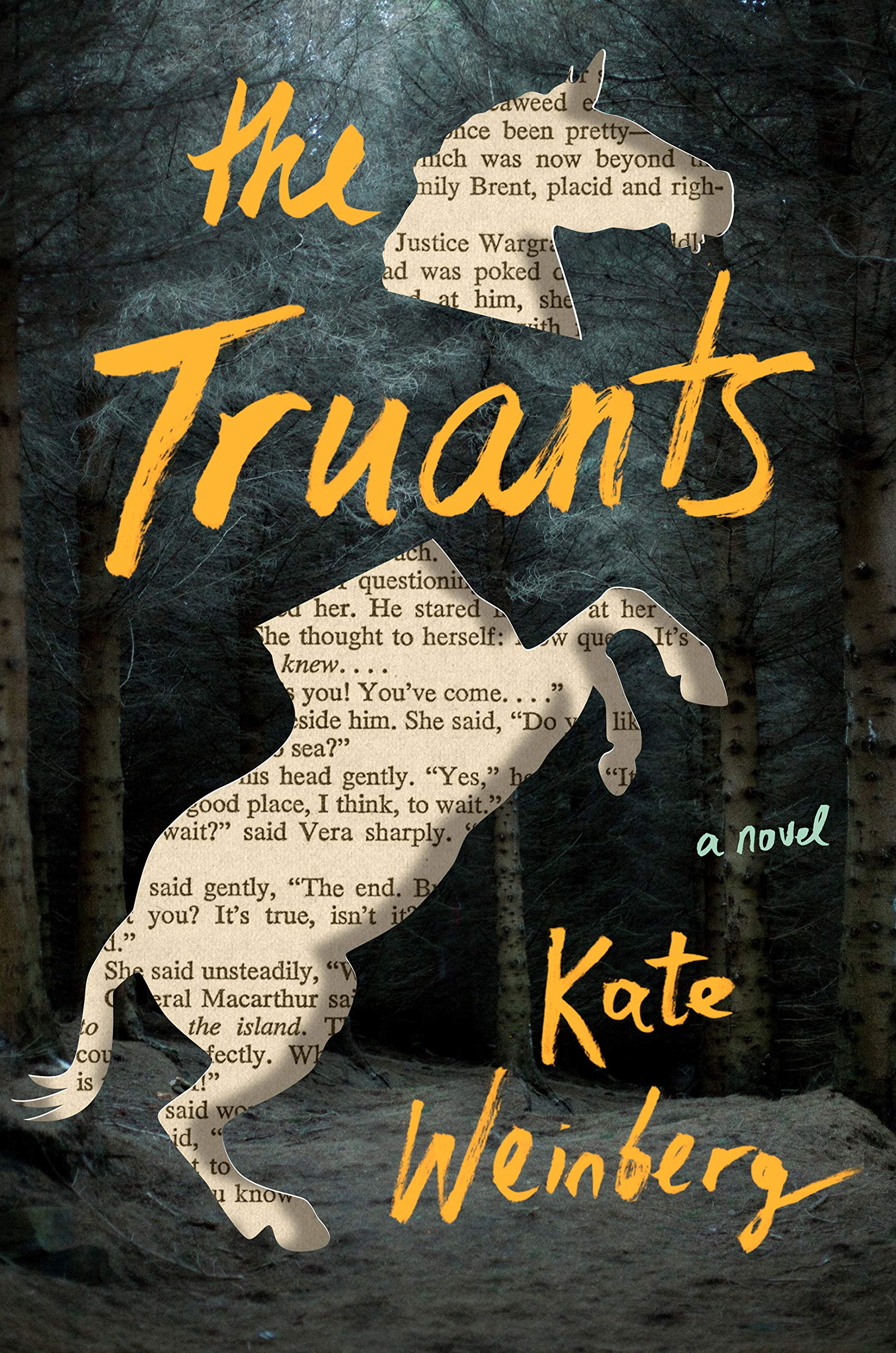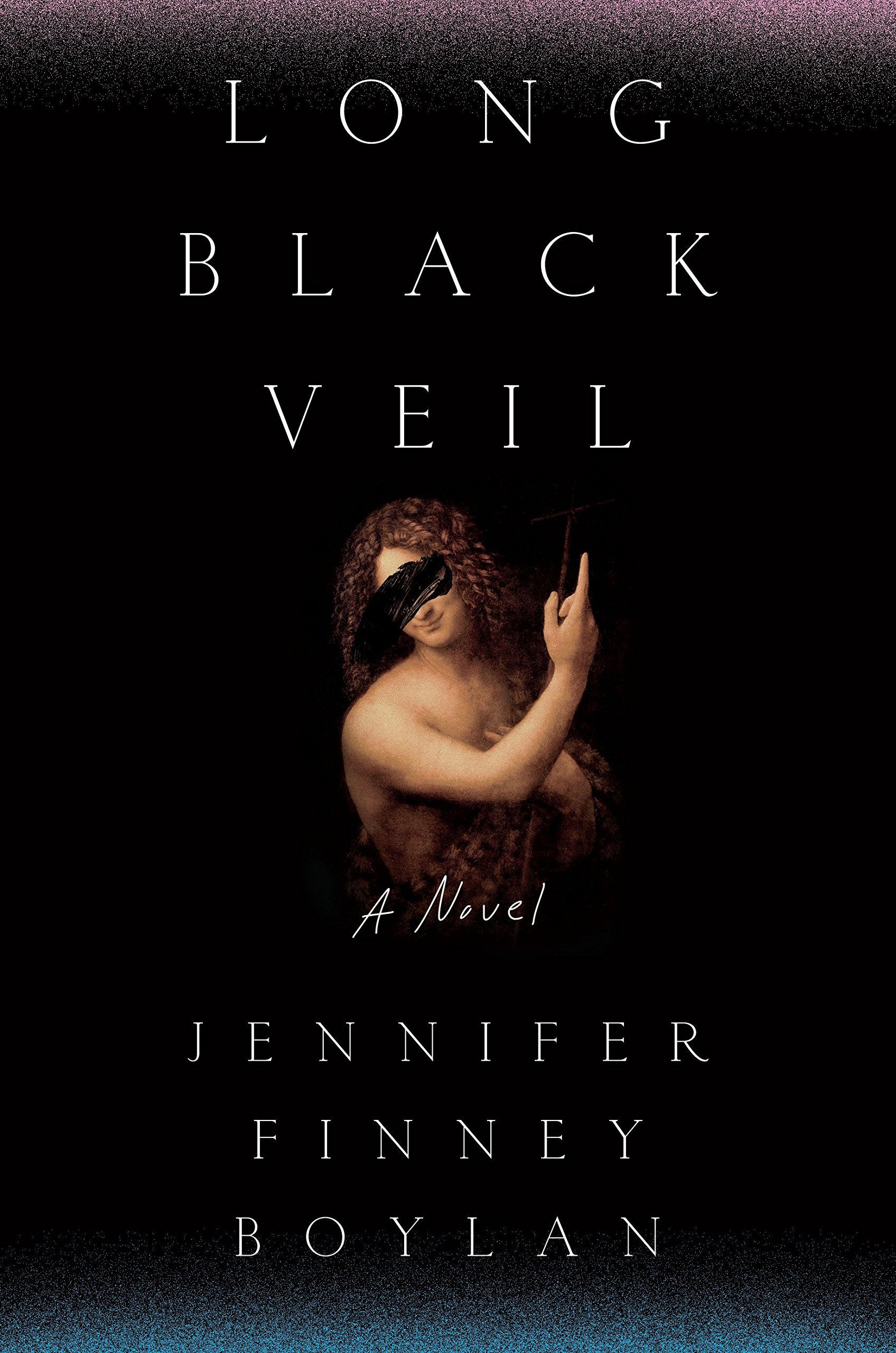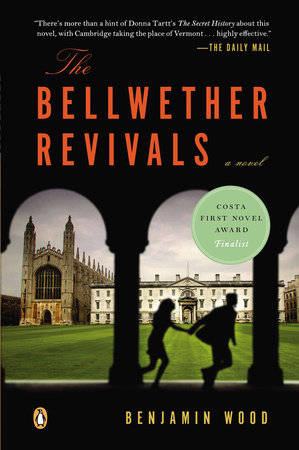Remember a long time ago when you first read Donna Tartt’s debut novel The Secret History? Remember how you were like, blown away by it? And then some time went by and maybe you sort of forgot or didn’t trust the memory of how wildly in love with it you were? Especially because the books you read the year you studied abroad all feel like a weird fever dream because you were terribly depressed that year (like the time you read The Time Traveler’s Wife and were so consumed by grief that you literally couldn’t get out of bed for an entire day after you finished it)? And then you happened to pick it up at a book sale one summer years later, so you started rereading it and you were just GRABBED by it in a way that felt almost physical? Such that you physically couldn’t make yourself stop reading it except to work, and you even read it on the walk to work even though you knew that made you so extra? Remember all that?
Yeah. That’s the high we’ve all been chasing since The Secret History came out. Every publication season, there’s some new book that the publisher and reviewers insist is just like The Secret History, and if you’re like me, you fall for it every time. You just want that feeling back. You need it. You need it.
At the end of one (1) decade of chasing that The Secret History high, I need to report that it is not replicable. No book, except for one, will ever be The Secret History. It’s not even that no book will ever be that good, because The Secret History isn’t even my favorite book.1 It’s just that no book will ever be that exact combination of rarefied college Latin nonsense and suspense powerful enough to prize apart my ribs. No campus novel will ever be such a successful iteration of Macbeth. No Macbeth will ever be a campus novel. The Secret History is the perfect marriage of forms. I have to stop wishing that it could be recreated, and instead live satisfied with the knowledge that one such book exists.
“What you’re saying is you finished The Truants?”
UGH YES I FINISHED The Truants. It was no The Secret History, because — as I have proved to myself one million goddamn times now — no other book is ever going to be The Secret History. But here are some of the books that I wished and hoped would be.
(Note: As a marketing strategy, it’s quite solid to compare a book to The Secret History. Evidence: I always want to believe it, and I always read the book. But it’s no mindset to bring to the reading of a book you hope to enjoy. Like, it seems perfectly possible that I might have read and enjoyed any of these books, had I not gone into them wishing they were an exact recreation of one of my all-time faves. That sort of expectation does not a generous reader make.)

The Truants, by Kate Weinberg
I actually enjoyed this one! I think. Somewhat. It’s hard to know, because so much of my mind was taken up with the thought “this is not enough like The Secret History.”
The Truants is set in Norwich, an English town of which I am fond, and it features a charismatic, unreliable South African journalist called Alec, a friendly beautiful delight called Georgie, and an Agatha Christie expert called Lorna. The narrator is equally obsessed with all of them, and I think Weinberg does quite a good job of making the reader understand why — in that way where I, the reader, am too old and cynical to be swayed by these people but I totally get why a university student would not be. I moreover found the explanation of the death quite satisfying. I love the sort of story where you think all the mysteries have been revealed, but then there’s one final reveal that gets uncovered undramatically at the end.
Why it’s not enough like The Secret History: Not enough suspense! Not enough campus! I enjoyed it as a story about friendship and love and sex and death, but I wanted more information about Agatha Christie, and I definitely wanted everyone to feel more guilty and worry more about getting caught. That’s the aspect that absolutely kills me about The Secret History: how the reader is seduced into rooting for them to kill Bunny, and seduced into rooting for them not to get caught. It’s so insidious! It’s so good! It truly makes you confront the narrative weight that goes along with making someone a protagonist.

The Magicians, Lev Grossman
The Secret History meets the Chronicles of Narnia, said a bunch of lying liars, when this book came out. (They also said it was grown-up Harry Potter, which was a further piece of false advertising.) The Magicians has many good things about it and many bad things about it, but while it has many points in common with the Chronicles of Narnia and has clearly been heavily inspired by those books, it bears almost no similarity to The Secret History. Like, to the extent that I’m confused that anyone ever told me it was good for fans of The Secret History. I guess they just meant because it was a campus novel? Ish?
I would also like to take this opportunity to mention that in my year of being a finisher (2019), I wished to finish The Magicians but had to stop because I was so mad about a certain event that occurred at the end of season four. Like, seriously. Some shows will do anything to avoid having a canonical queer romance, incl. being really irresponsible in their depiction of mental illness. This is why all shows should just be CW shows. CW shows have gotten gayer and gayer year over year, to their great advantage.

If We Were Villains, M. L. Rio
Things I remember about If We Were Villains, a book I read fewer than five years ago:
- Shakespeare stuff that was like fine I guess but also mainly made me want to reread the parts of Pamela Dean’s Tam Lin where Janet and her friends go see plays at the local theater. I very much enjoyed those parts, not least because they convinced me to read Christopher Fry’s The Lady’s Not for Burning, which is a very good play indeed.
- One of the characters was called Wren, and I liked that. My name is Jenny as in Jenny Wren, so yes, I do enjoy a fictional Wren.
- Maybe some sort of very annoying power couple
- Actually had some canon gay characters
- Some sort of a scene at a lake? Something that happens at a lake at night? I don’t remember. There is a lake, I think, in this book.
If my very limited memory of this book serves, this is the one from my list that felt the most like The Secret History, although it was still very much the diet version. If I had enough time to reread this book, I’d honestly just reread The Secret History instead.

Long Black Veil, Jennifer Finney Boylan
This is the only fiction book I’ve read by Jennifer Finney Boylan, an author whose memoirs I truly adore. She’s one of these memoirists with a true knack for marrying jokes to tragedy in a way that plays up the best parts of both. Any day now, I am going to feel strong enough to face her latest book, which is about dogs and will certainly break my heart.
Long Black Veil is probably the book in this list that most suffered by comparison with The Secret History. Not because it’s the least satisfactory, but because that comparison sets up an expectation for what type of book this is, and that expectation isn’t at all in line with the book Boylan actually wrote. It was marketed as a thriller, when in fact it’s a much slower and more thinky book that explores conflict between identity and morality. It’s good, to the best of my memory! Just, like, not at all similar to The Secret History.

Special Topics in Calamity Physics, Marisha Pessl
I’m cheating by including Special Topics in Calamity Physics on this list! I reread it in the years between my first and second reads of The Secret History, which was the era in which I was least high on The Secret History and thus least furious when books failed to live up to it. Moreover, I picked up Special Topics in the bookshop and purchased it because he was on significant sale — not because I had been told that it was similar to The Secret History.
In fact, I might have liked it better on a first read if I had understood that it was similar in spirit to The Secret History. I bought it because I loved the writing (and because, as mentioned, it was on significant sale)! I thought it was going to be a bildungsroman! It is not a bildungsroman! Do not go into it expecting a bildungsroman! It is significantly more bananas than that! The writing is also just truly delightful — funny, referential, self-deprecating — and I loved the bananas twist that gets revealed about two-thirds of the way through the book. So, as a book qua book, Special Topics in Calamity Physics is my favorite from this list.
The Bellwether Revivals, Benjamin Wood
I cleverly used the “here are bullet points of what I remember from this book” on When We Were Villains rather than The Bellwether Revivals. This was a great idea because I do not remember enough things about The Bellwether Revivals to fill out a list of bullet points. I believe it is the first book on this list where I specifically thought, “this is going to scratch that The Secret History itch for me.”
Spoilers: It did not scratch that The Secret History itch for me.
Because I am committed to the bit, I reread my review of The Bellwether Revivals. I am sorry to report that after rereading that post, I remember even less about The Bellwether Revivals than I did before reading it. If you’re thinking about reading The Bellwether Revivals, I recommend giving it a miss and instead reading the book I always get it mixed up with, i.e., Kate Racculia’s Bellweather Rhapsody, which is kinda like The Westing Game but for grownups.
So there you have it. I have spent a decade wishing that another book would make me feel the way The Secret History made me feel, to absolutely no avail. It was a futile hope all along. I have taken Christopher Yates’s Black Chalk off my TBR list in recognition of the fact that it’s never going to happen. I must just be content that The Secret History exists. I must not go chasing waterfalls. One waterfall must satiate me.
- It’s a tie between Fire and Hemlock by Diana Wynne Jones and The Color Purple by Alice Walker. ↩
